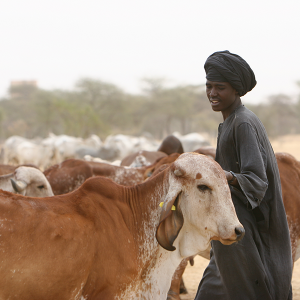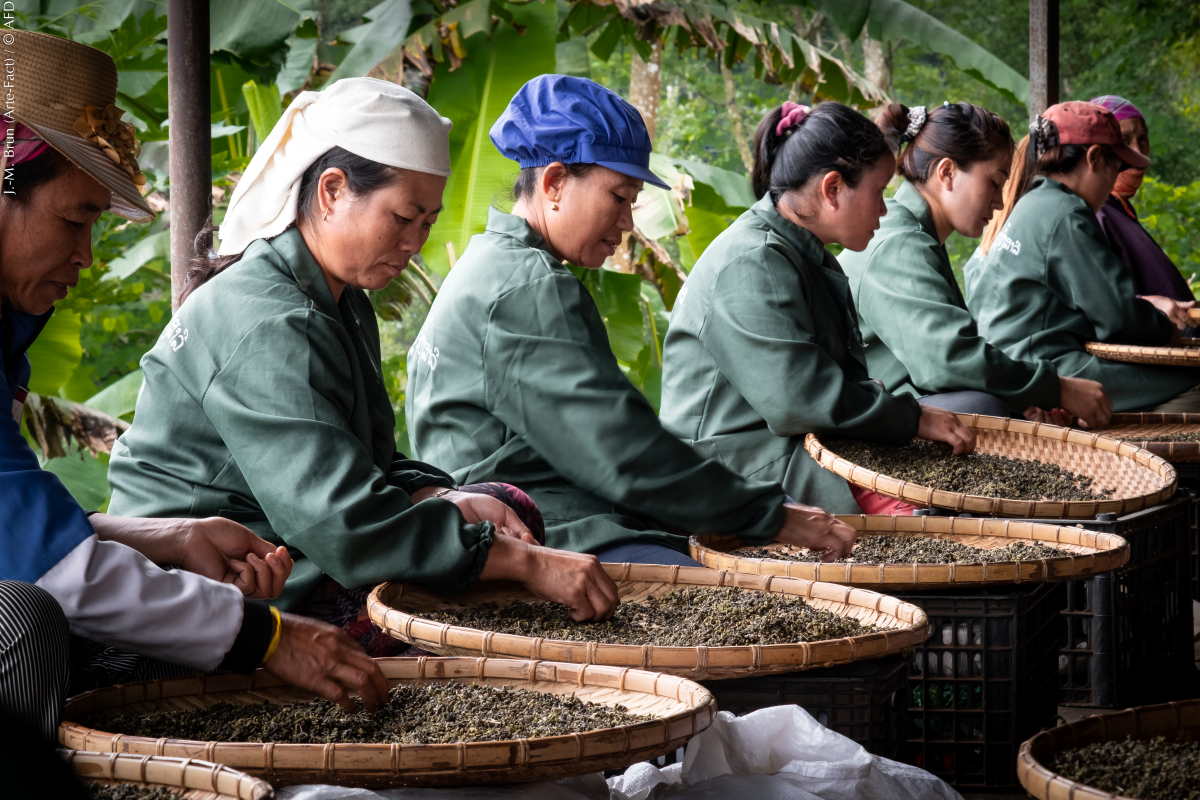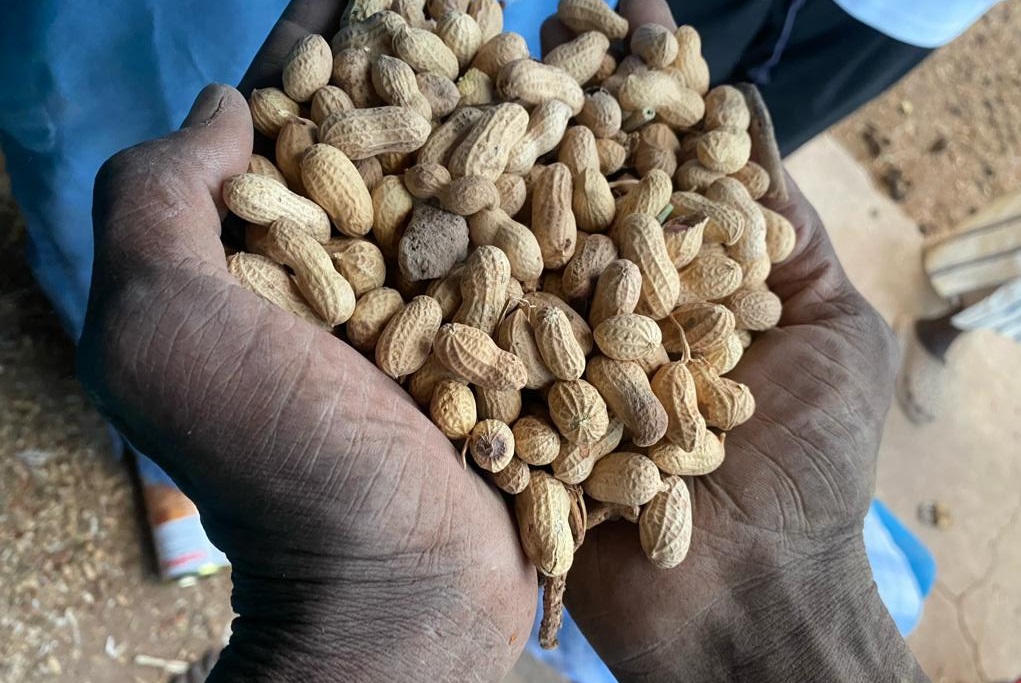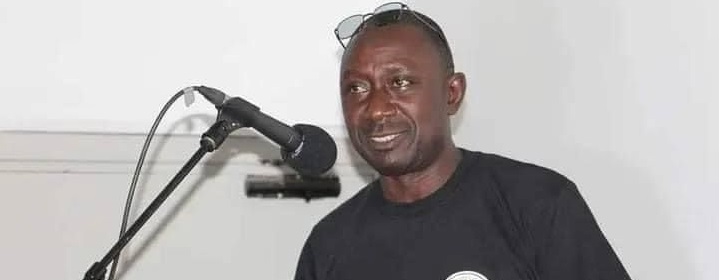In Senegal, support for the organisation of family livestock farms is provided in various ways. Literacy classes, actions for prevention and management of climate risks and diversification of economic activities for example, can improve families’ livelihoods over the longer term. We take a look at some of these initiatives, with feedback from those directly concerned…
Senegalese dairies cannot obtain sufficient milk to supply local and national markets. To respond to this problem, from 2012 to 2015, GRET implemented the Asstel project in the Dagana region of Senegal, to support the development of livestock breeding and organisation of the milk value chain, with a view to improving food security for livestock farmers in the region by increasing their income from milk sales. More specifically, this first phase made it possible to improve the productivity of systems (advice to family farms, milk controls, training and dissemination of innovations, access to fodder and concentrated foods), and to obtain better value for milk from family farms in the Laiterie du Berger (in French only) collection circuits.
The second phase of this project for access to services and organisation of family livestock farms (in French only) (Asstel 2)*, which was started in 2016, aims to make changes initiated in terms of production practices, organisation of services and multi-stakeholder consultation sustainable. This second phase also takes account of improvement of income from meat, requests for literacy classes and diversification of economic activities for women and young people, and provides support for the prevention and management of climate risks in order to improve families’ livelihoods and their capacity to get through hunger gaps and crises.
Mrs. Rouguigatou Bâ, a livestock farmer in the village of Soutouboulbé, who is married with four children, took literacy classes: “I feel I was lucky to benefit from this programme. I never thought that one day I would hold a pen in my hand. It’s a dream come true. Thanks to this programme, I can write my name, save telephone numbers, fill out monitoring sheets, write the names of all the cows in my herd and manage the income from my milk myself. I would like the programme to continue so that I can learn to write a letter.” Mariata Aliou Ba, is 56 years old, she says she “always envied people who knew how to read and write. Now, thanks to the programme, I can read and write names in Fula, write numbers and read messages on my mobile phone. I can even help illiterate people to read their wage slips. I am very proud of this and I encourage the other women to join the classes.”
“I am the intermediary between the project and my community”
The project supports the diversification of economic activities for women and young people, so that their incomes do not depend entirely on income from livestock farming. Korodji Sow, aged 19, is a member of a women’s group who chose to sell soap: “Previously, I had to go to Dagana to get soap, which meant I had to spend 400 CFA francs on transport. Since we were trained to produce soap, we can always get it nearby, at an affordable price. This activity even made it possible for our group to make a profit.”
For better proximity and spread of actions, villagers were chosen by their village to act as relays between the village community and GRET, an important role described by Aminata Camara: “I live in Djidiéri, and I am the intermediary between the project and my community. The villagers chose me as the village relay facilitator. I accepted because I know how to read and write in French, and I want to contribute to the development of my village. I already trained a group of women in my village on how to manage the hunger gap; I am very proud to be able to train the other women in my community.”
Lastly, the project made it possible to implement a microfinance activity thanks to village credit union associations. “Our activity enables us to save, and also to offer loans that can be repaid over a three-month period. These loans enable us to conduct our own activities and to make a profit from them, which subsequently enables us to repay loans. I am satisfied that there is access to loans, as well as with the confidence between members and their solidarity’,” says Hawa Bâ, who has been chairperson of a 25-member credit union for the last year.
Feedback collected and translated by Aminata Diallo, Maï Tine and Sylvie Drabo.






